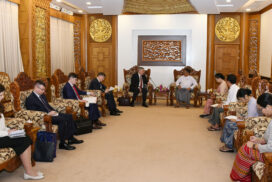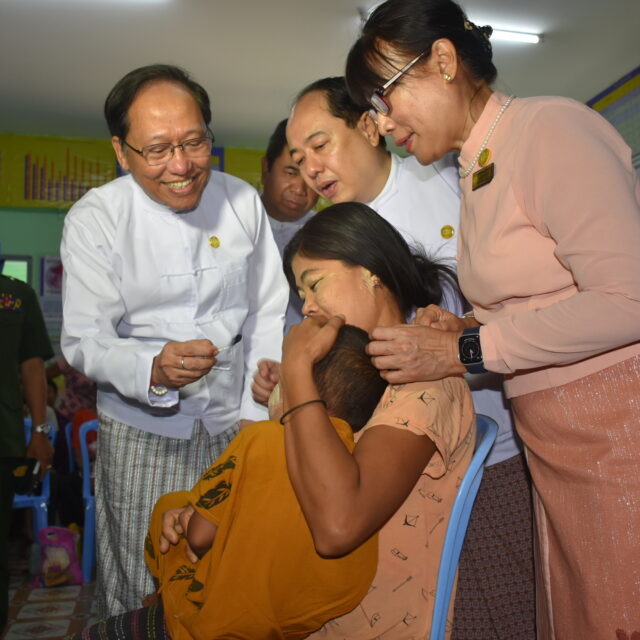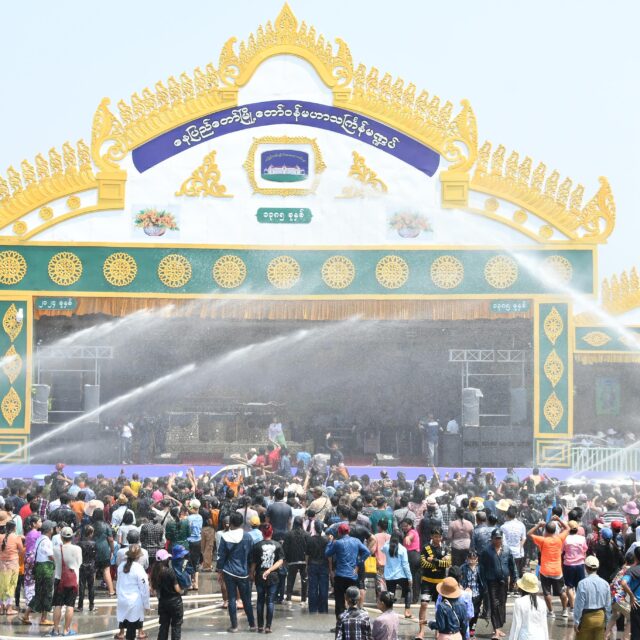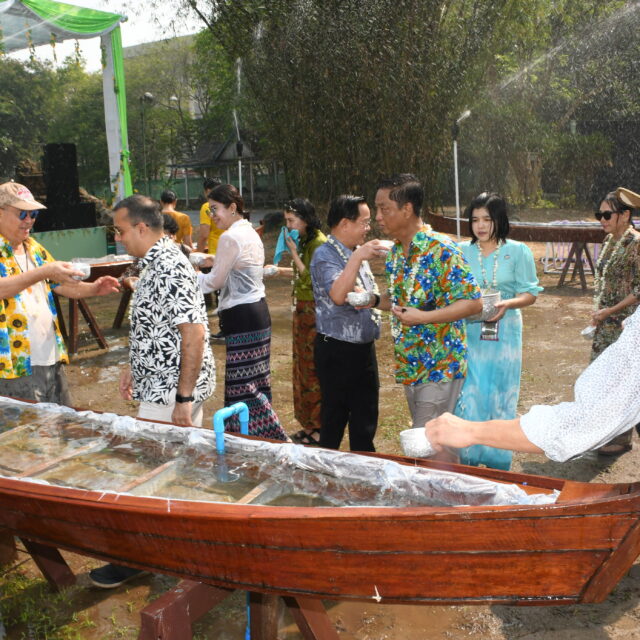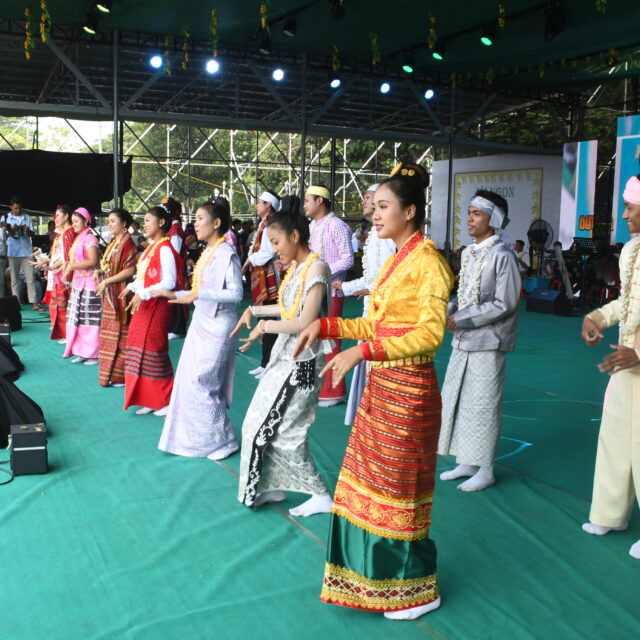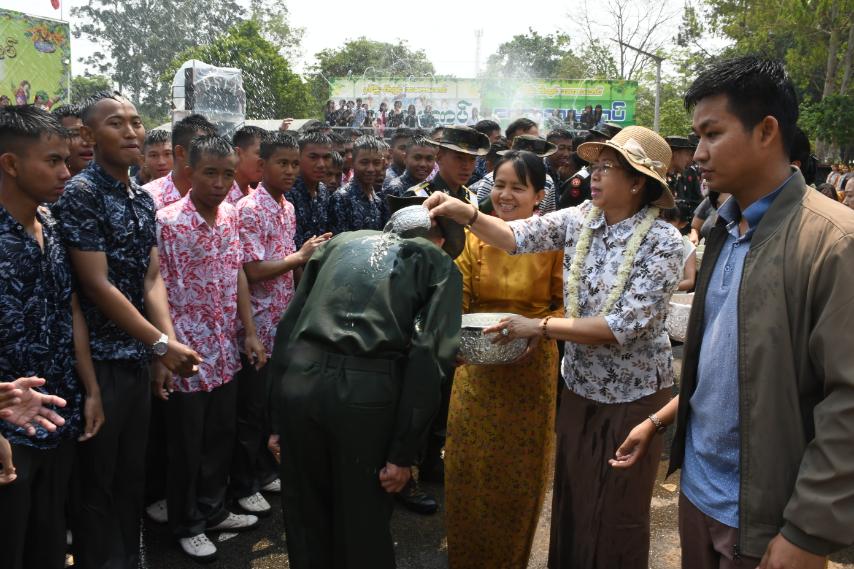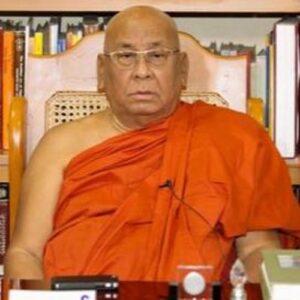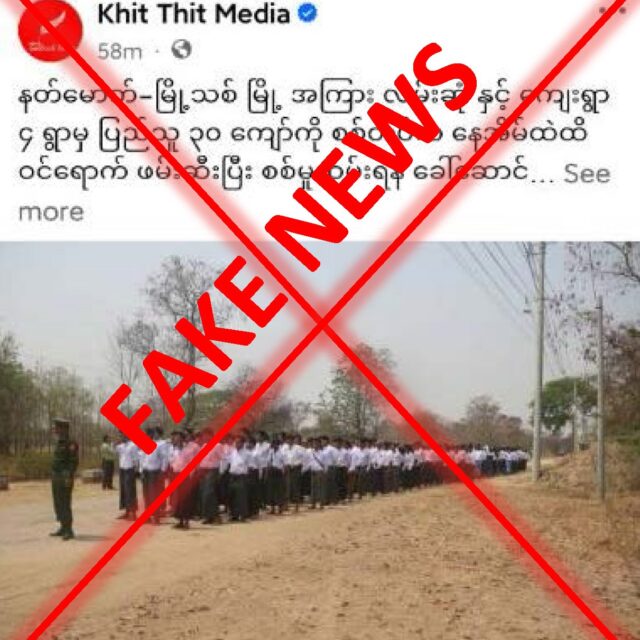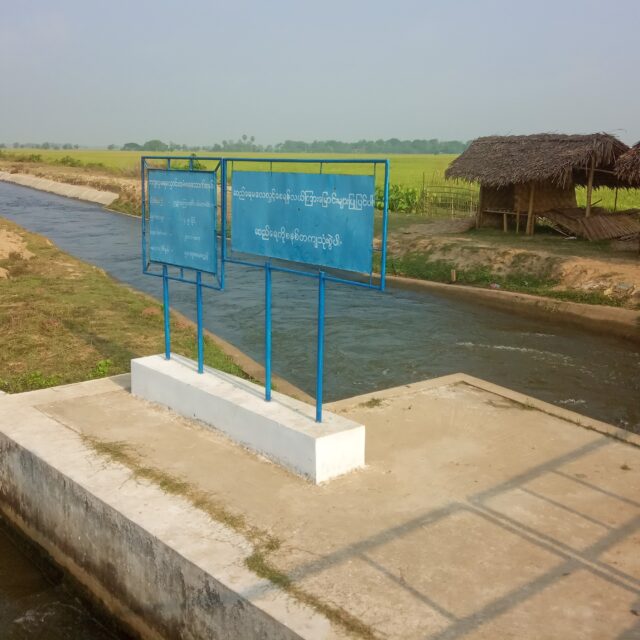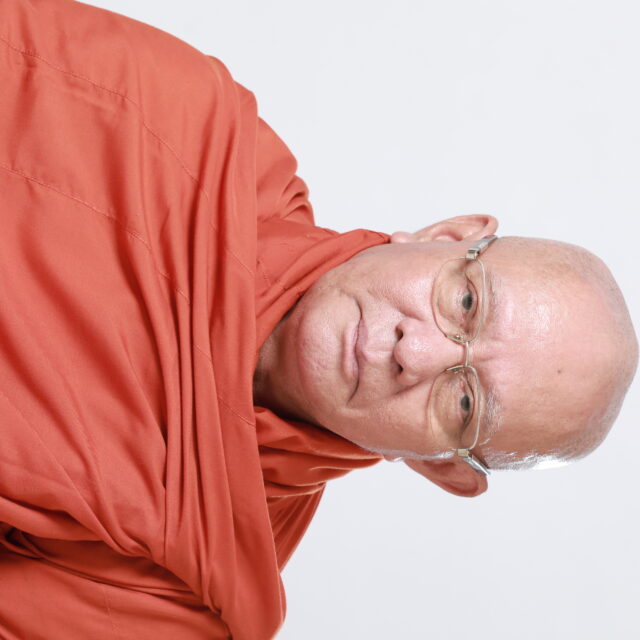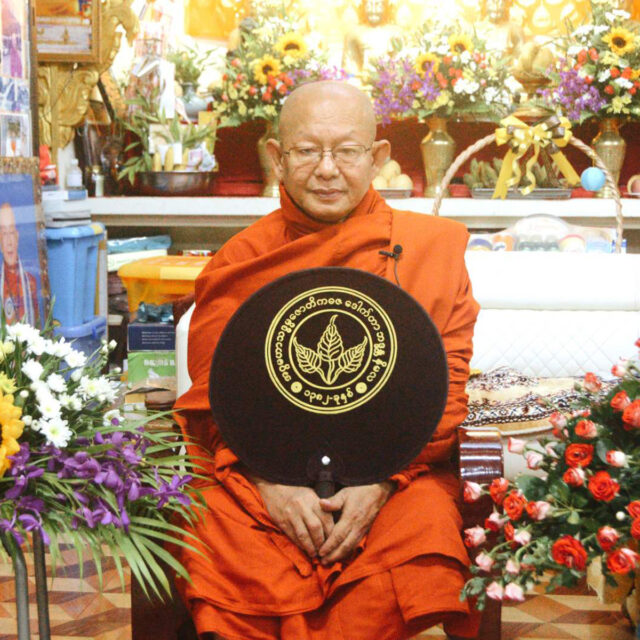Air pollution is based on the emission of dangerous gases, including carbon dioxide, above the limited levels from industries and vehicles despite the development of industries and improvement of living standards of the people.
Moreover, the lessening of the forest areas, which are the factors to purify the atmosphere in which increasing volume of oxygen mostly emitted by trees occupies the spaces of carbon dioxide and other dangerous gases, is one of the basic factors to cause air pollution.
Ozone gas mist, carbon monoxide, sulpha dioxide and nitrogen dioxide cause air pollution in the atmosphere, according to the World Health Organization. These gases may be toxic to the bodies of humans.
As a result, such toxicity affects respiratory diseases, cardiovascular diseases, neurological and psychological diseases as well as eyes and skin disorders. Moreover, patients attacked by the above-mentioned emissions may suffer from asthma and lung cancer diseases.
Significantly, household air pollution may severely harm the health of the family members. Generally, most of the families in Myanmar use firewood for cooking, mosquito repellent and coils and joss sticks at their homes in addition to smoke of the cigarette. As a result, the bad smell from these smokes brings unhealthiness to the family members, especially to older persons and children.
Indeed, air pollution causes bad impacts on the natural environment as well as underground water and soil. Such an event may decline the growth rate of trees and the birthing of biodiversity species. Moreover, climate change such as changes in temperature and happening of greenhouse occurrences are based on air pollution.
Most of the worsening air pollution events can be seen in the populous major cities such as Yangon and Mandalay where a lot of factories and industries are mushrooming. Moreover, the rural areas where local people use firewood and charcoal for cooking face the disadvantages of household air pollution.
In order to decline air pollution, factories and vehicles need to reduce the emission of carbon dioxide for enhancement of the public health conditions. On the other hand, all the entire people need to conserve the forests and trees which purify the atmosphere.
In order to decline air pollution, factories and vehicles need to reduce the emission of carbon dioxide for enhancement of the public health conditions. On the other hand, all the entire people need to conserve the forests and trees which purify the atmosphere.
At opportune times, local authorities need to raise public awareness of the disadvantage of air pollution and the important role of trees to generate oxygen which the people need daily. As such, the environment of the people especially the atmosphere will be free from the impacts of air pollution.




